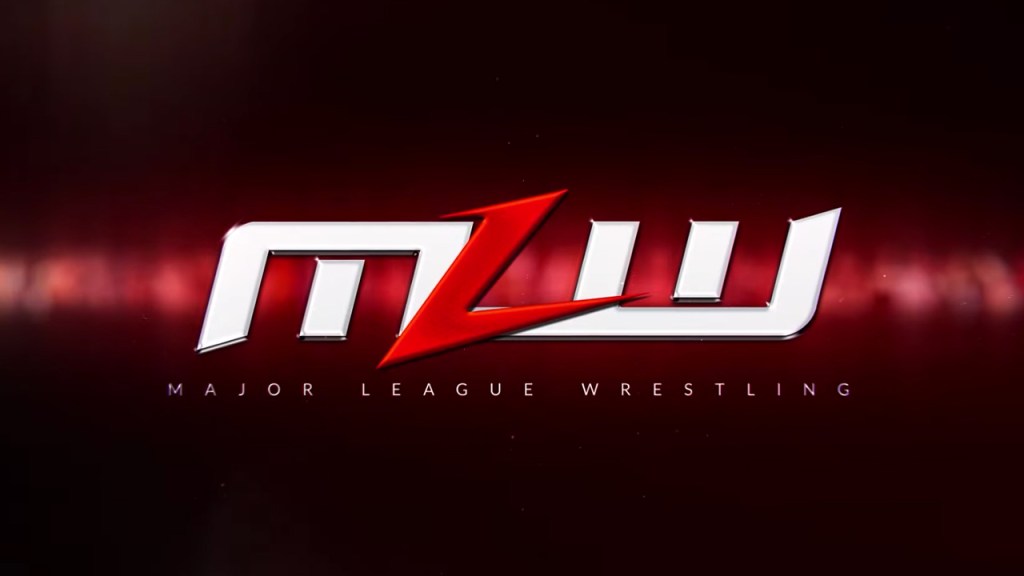Major League Wrestling believes WWE’s motion to dismiss the promotion’s lawsuit against it should be denied.
MLW filed a complaint against WWE in January; company alleged that WWE has attempted to monopolize the wrestling market and undermine its competition:
“WWE’s pattern of predatory and exclusionary conduct has hampered competition in the U.S. wrestling market by depriving MLW and other competitors of distribution channels, and its conduct has harmed consumers by depriving them of content and keeping prices high,” the lawsuit states. MLW also claims that they “suffered and will suffer monetary damages and irreparable harm, resulting from, among other things, continued loss of brand recognition and valuable talent, posing a serious risk that its business will be destroyed.”
WWE subsequently filed a motion to dismiss the lawsuit based on the claim that MLW failed to satisfy “a facially sustainable relevant market, monopoly power or anticompetitive conduct, or antitrust injury.” In the motion, WWE went on to argue that, “MLW’s claim for intentional interference with contractual relations is unsupported by factual allegations, and what allegations MLW pleads are entirely implausible.”
MLW issued the following statement to PWInsider:
WWE’s motion to dismiss should be denied. WWE impermissibly relies on factual assertions—many provably false—that may not be considered on this motion, and, contrary to WWE’s contentions, MLW has properly pleaded all of its claims for relief.
On the antitrust claim under Section 2 of the Sherman Act, MLW need only allege that the defendant (1) possessed monopoly power in the relevant market and (2) willfully acquired or maintained that power. Here, MLW unquestionably properly alleges both elements. First, MLW has pleaded the relevant market—broadcast rights for professional wrestling programs —and such a single professional sport or form of entertainment can, as courts have repeatedly recognized, constitute a market where, as alleged here, it attracts a unique audience limiting the number of economic substitutes. MLW also alleges that WWE has monopoly power because, among other things, it holds 85% of the relevant market and has reduced the output of professional wrestling broadcasts.
Second, MLW has pleaded that WWE has willfully acquired and maintained that monopoly power by preventing MLW from distributing its programs through Tubi and VICE, by locking up wrestling talent and key networks with exclusivity agreements, and by other conduct to constrain competitors and competition. WWE argues that MLW’s claim is insufficient because, WWE contends, it does not allege facts “suggesting that WWE could possibly hold any power over the dozens, if not hundreds, of networks, cable, and streaming services with which WWE has no commercial relationships.”
However, a Section 2 claim is viable, where, as here, the monopolist “ties up the key dealers.” United States v. Dentsply Int’l, Inc., And contrary to WWE’s assertion, the antitrust laws are designed precisely to protect against WWE’s predatory acts preventing MLW from gaining a foothold in the market because those acts clearly injure competition in general. On MLW’s intentional interference with contractual relations claim, MLW alleges that it lost its Tubi contract as a result of Stephanie McMahon of WWE pressuring Tubi and Fox executives “to deny MLW a time slot that would compete head-to-head with WWE’s NXT programs” and “to terminate the agreement [with MLW] in its entirety.”
Contrary to WWE’s assertion, Rule 8(a) of the Federal Rules of Civil Procedure does not require MLW to detail, before discovery, WWE’s threats that led to the termination of the Tubi contract, particularly given that many of those details are peculiarly within WWE’s knowledge. While WWE claims that it is not plausible that it would threaten Fox because Fox is its principal distributor, that is not so and at most raises a factual issue precluding dismissal. In fact, courts regularly uphold as plausible claims based on defendants threatening their principal distributors and MLW alleges conduct by WWE no different from and no less plausible than that of those other defendants.
MLW has also properly alleged that WWE intentionally interfered with prospective economic relations by alleging that WWE’s threats to VICE led that company to abandon its negotiations with MLW to air new MLW content. WWE incorrectly contends that MLW must also allege that WWE knew specifically that the parties were negotiating the airing of MLW’s new content. Under California law, however that is not so—MLW need only plead, as it clearly does, that WWE knew that its actions would interfere with VICE and MLW’s economic relationship. As to MLW’s UCL claim, MLW has statutory and Article III standing because it alleges that WWE’s conduct was directed at harming MLW’s relationship with Tubi, a California resident, and MLW seeks to enjoin WWE from continuing to undermine MLW’s business. Accordingly, and as shown further below, the motion should be denied in its entirety.”
WWE is required to reply to the motion by May 16; no hearings for the lawsuit are set until September 29.
WrestleZone will provide more details as they become available.
RELATED: WWE Officially Files Motion To Dismiss MLW’s Lawsuit








